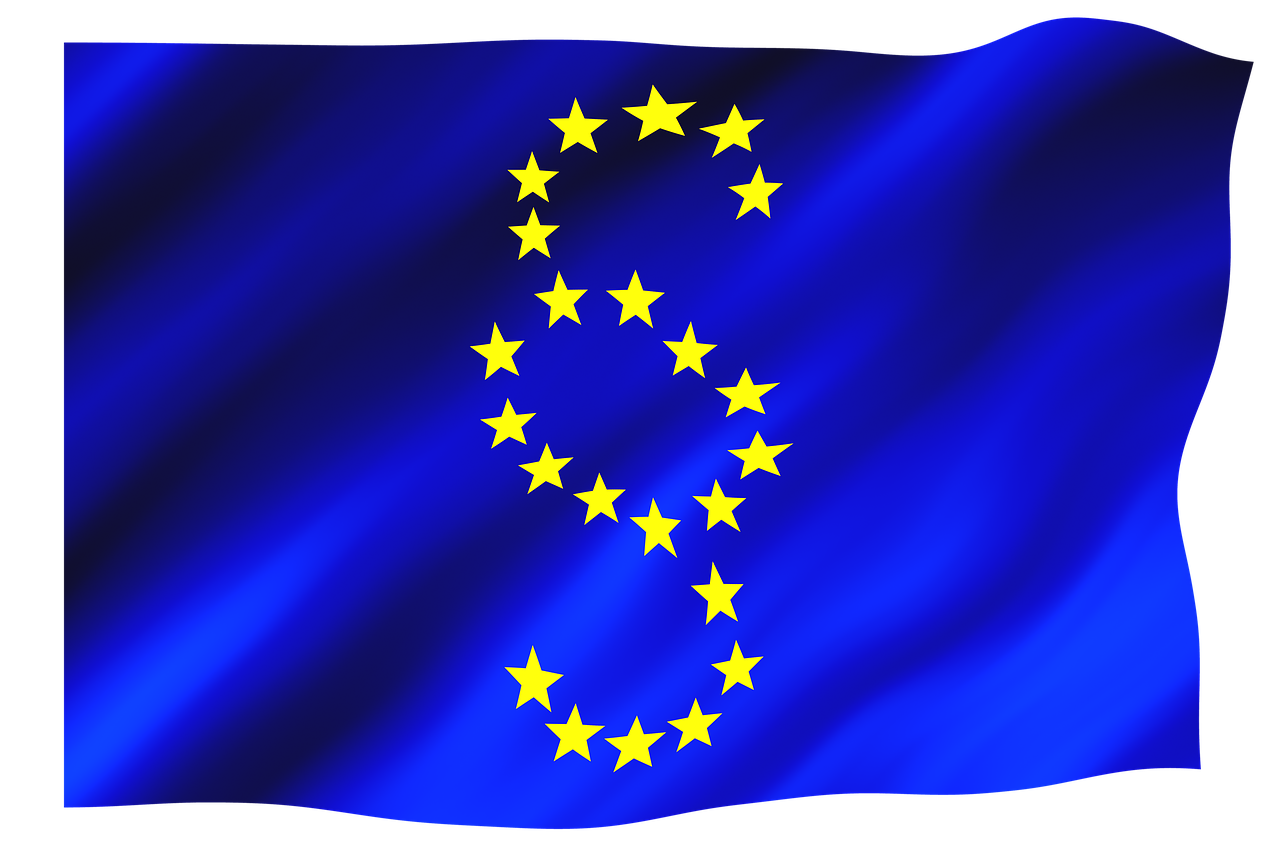FACTSHEET: New Rule of Law Conditionality Regulation: Limits and next steps
Factesheet released by RECLAIM in March 2022
Regulation 2020/2092 establishes the rules necessary for protecting the EU budget in the case of breaches of the value of the rule of law in the Member States (MS) – by allowing the Commission to withhold EU funds from MS governments and entities involved in such violations.
Namely, with its adoption, the Commission to sanction MS responsible for a rule of law violation that “(i) affects or (ii) risk affecting” the sound financial management of “the EU budget” or the protection of the EU financial interests in a “sufficiently direct way”.
The Regulation entered into force on 1 January 2021 and has, since, been binding in its entirety and directly applicable in all Member States. Practically, however, its implementation has been delayed due to a political agreement among MS interpreting and redefining its scope and implementation terms.
As RECLAIM higlighted, there are several limits and pitfalls in the implementation of this Regulation:
THE LINK TO THE FINANCIAL INTERESTS OF THE EU: The Regulation allows the Commission to intervene and suspend the disbursement of EU funds only when the violation of the rule of law represents a risk for the sound financial management of the EU’s budget or for the EU’s financial interests. Unfortunately, that means that it will not be possible for the Commission to make use of this tool for all MS human rights and rule of law violations. This wording represents a limitation of the use of the Regulation by the Commission. Indeed, the Commission will be required to establish a “direct and causal link” between the violation of the rule of law and the impact on the EU’s budget or financial interests.
THE UNCLEAR ROLE OF THE EUROPEAN COUNCIL: The Regulation allows a Member State, who has been subject to the procedure, to request to refer the matter to the European Council (Recital 26). This referral is supposed to have a suspensory effect. Hence, the Commission could not continue the procedure until the European Council has discussed the concerns raised by the Member States. The CJEU has clarified that the Recital is not binding, and the Commission cannot be forced to suspend the procedure. However, it is likely that the Commission will voluntarily postpone the enforcement of any measures pending the European Council’s decision. Hence, while neither the CJEU’s ruling nor the Commission’s guidelines recognise a role for the European Council in the procedure, MS could consistently use the mechanism of referral to delay the enforcement of the regulation.
NO CLEAR PATHWAY TO REDIRECT SUSPENDED FUND: The political agreement reached at the European Council level subordinates the enforcement of the Regulation to the adoption, by the Commission, of implementing guidelines that set out the exact methodology the Commission will use to assess rule of law violations and trigger the mechanism. The Commission adopted the said guidelines in March 2022, raising several concerns as regards the impact of funds’ suspension on ordinary citizens. On paper, they recognise that the residents, civil society and companies of a country experiencing democratic backsliding should not be punished for their governments’ transgressions. However, in practice, the situation is not clearcut. Finally, none of the relevant legal instruments (Conditionality Regulation, Financial Regulation and Programme-specific Regulations) provides further clarity.
Besides, the Commission has not yet put in place the first step to make use of this tool, namely sending an official written notification to Europe’s worst offenders – despite the marked deterioration in the rule of law in countries such as Poland and Hungary.
The Regulation has been cleared as compatible with EU law by the Court of Justice of the EU in February 2022, while Hungary and Poland’s actions for annulment have been rejected, but the Commission has given no indications as to when it is planning to send the first written notifications to concerned Member States (e.g., Poland and Hungary).
Therefore, according to RECLAIM, the Member States and the European Parliament should urge the Commission to:
- Start the regulation’s enforcement by sending written notifications to the concerned Member States;
- Open a targeted consultation with human rights stakeholders to clarify the impact of funds’ suspension on final beneficiaries and recipients;
- Not endorse the Hungarian and Polish National Recovery and Resilience plans (i.e., freeze the disbursement of COVID-19 Funds).

